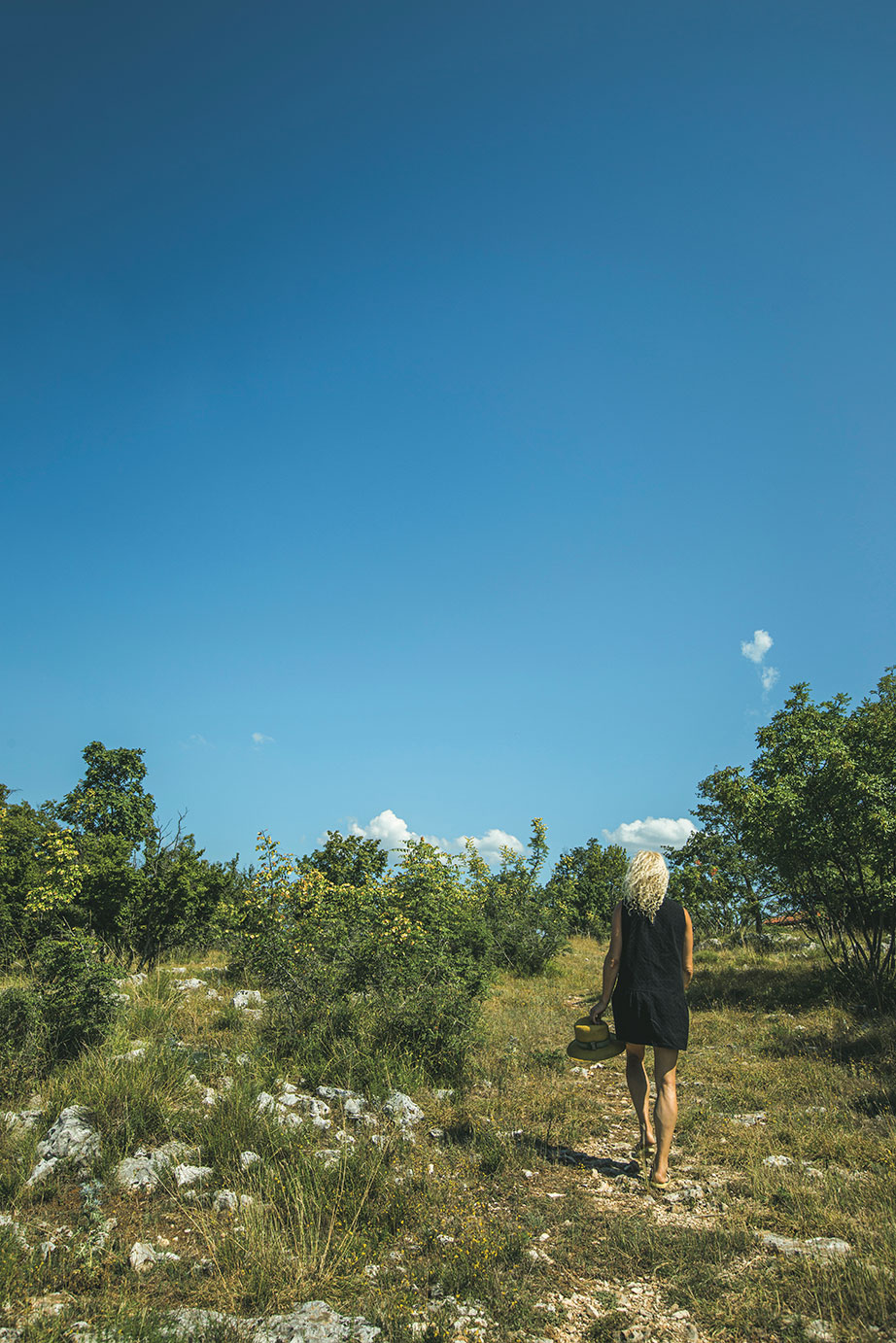
How skiing, dance, and diplomacy fed into Ana Roš’s culinary excellence
She never hung on to her mother’s apron strings, but Ana’s parents helped her reach the pinnacle of her profession
When Ana Roš was young, she didn’t really have time for food. “I never cooked with my mother or with my grandmother, I simply considered food as a fuel for my extremely active body,” says the Slovenian chef - named best female chef of 2017 by The World's 50 Best Restaurants awards - in her new book Sun and Rain.
Despite suffering from a perforated eardrum – caused by a nail being pushed into it during a childhood game (kids!) – Roš trained as a professional dancer for 12 years, “simply by following my intuition, and not my ears,” she says.
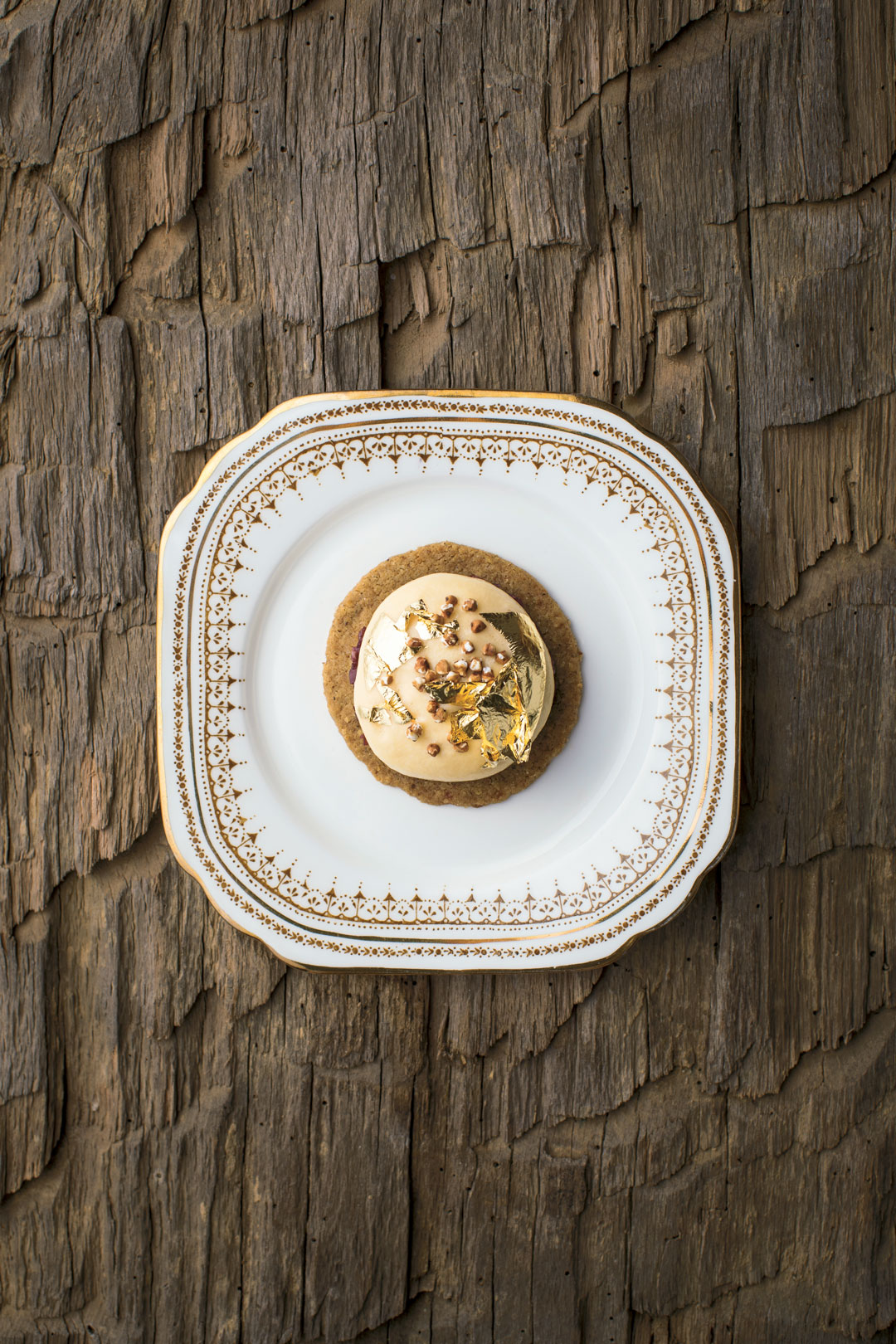
As a young girl she was also selected for the Yugoslav national ski team, “but I refused to quit dancing,” she says. “Between the ski slopes and dancing stages and studying hard at high school, before I knew it I had turned 17, and I was beginning to grow into a rebel, somewhat of a wild child.”
However, viewed from a slightly different perspective, Roš's notable achievements were entirely in keeping with her lineage. “I was born into a very intellectual and ambitious family,” she explains. “My father was a doctor, and in the Slovenian countryside, this is a very highly regarded position. My mother worked as a journalist for the biggest Slovenian newspaper.

Unfortunately, Roš’s distinct disinterest in food began to interfere with her other pursuits. “The pressure of dance aesthetics made me hate my athletic body,” she says. “My English teacher was the first to notice that I was losing weight too quickly. In those days, anorexia was more of a taboo; no one knew how to talk about it, let alone treat it. Six months after quitting skiing, I was admitted to the central Slovenian hospital having lost 30 kilograms (66 pounds) and shattered a dream. I knew I could never dance again.”
She recovered, and chose to push herself once more, studying international science and diplomacy at the University of Trieste, just across the border in Italy, despite not being entirely fluent in Italian.
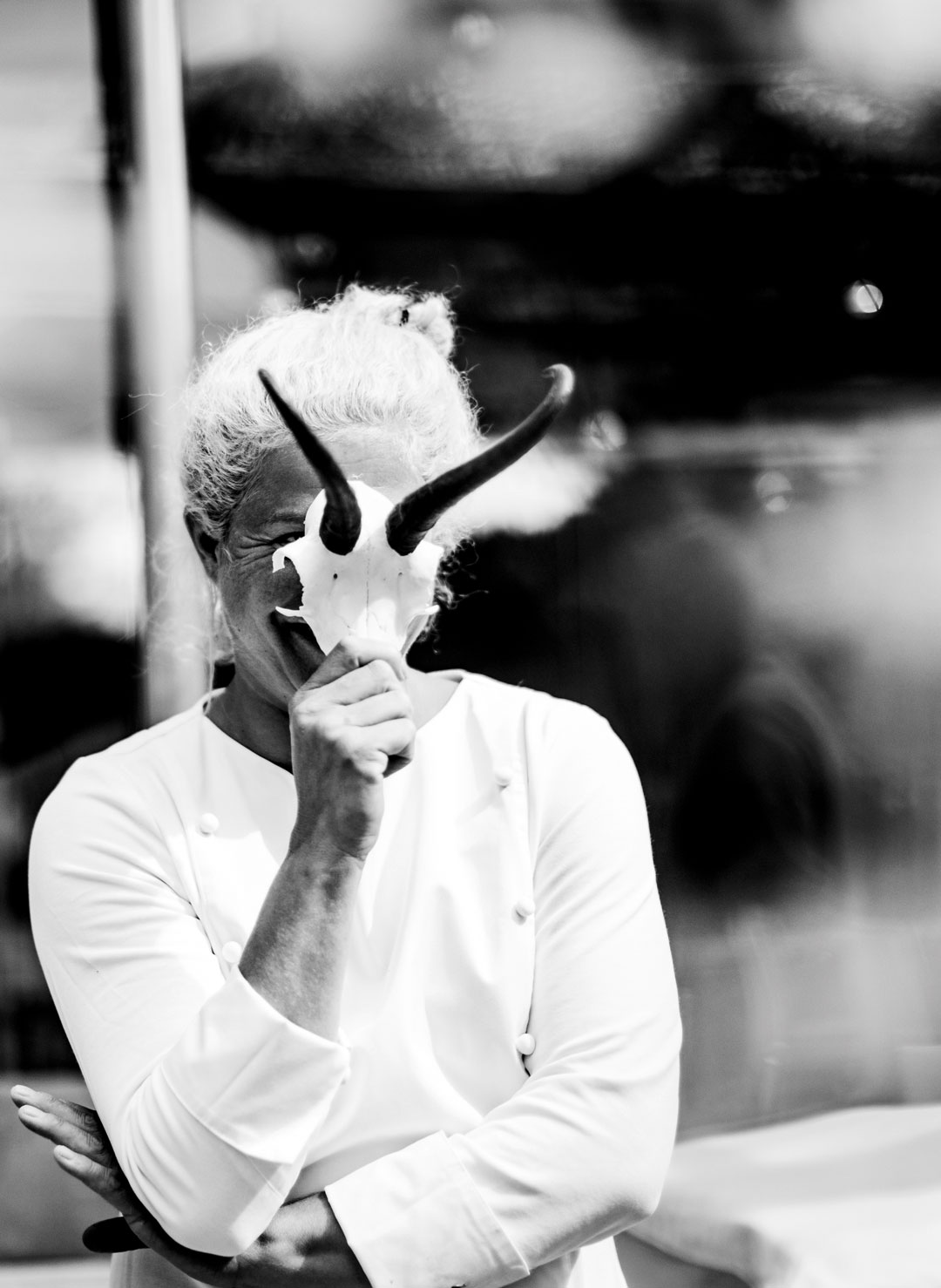
The course led to a trip to Tanzania and, while that visit made Roš want to contribute to the international political sphere, it also triggered her love of food.
“Tina, the daughter of Tanzanian family friends, was celebrating her birthday and she invited my sister and me to the slums of Dar es Salaam to the simplest Ethiopian restaurant,” says Roš. “If I close my eyes, I can still see the red bucket full of cold water to clean up before sitting down, smell the spices, feel how it was to eat with my hands, and watch the graceful movements of the people who were cooking and serving.”
Upon graduation, she had to choose between taking a junior diplomatic post in Brussels or taking over her boyfriend’s family’s restaurant. She picked the latter, disappointing her mother and father.
“My parents were upset, of course,” she recalls. “There was a conversation between us that I will never forget, where my mother said, ‘You are not going to cook, right?’ I answered angrily, ‘No, Mum, I do not know how to cook.’ My parents at that time considered cooking as a second-class, manual job that was far removed from the intellectual world.”
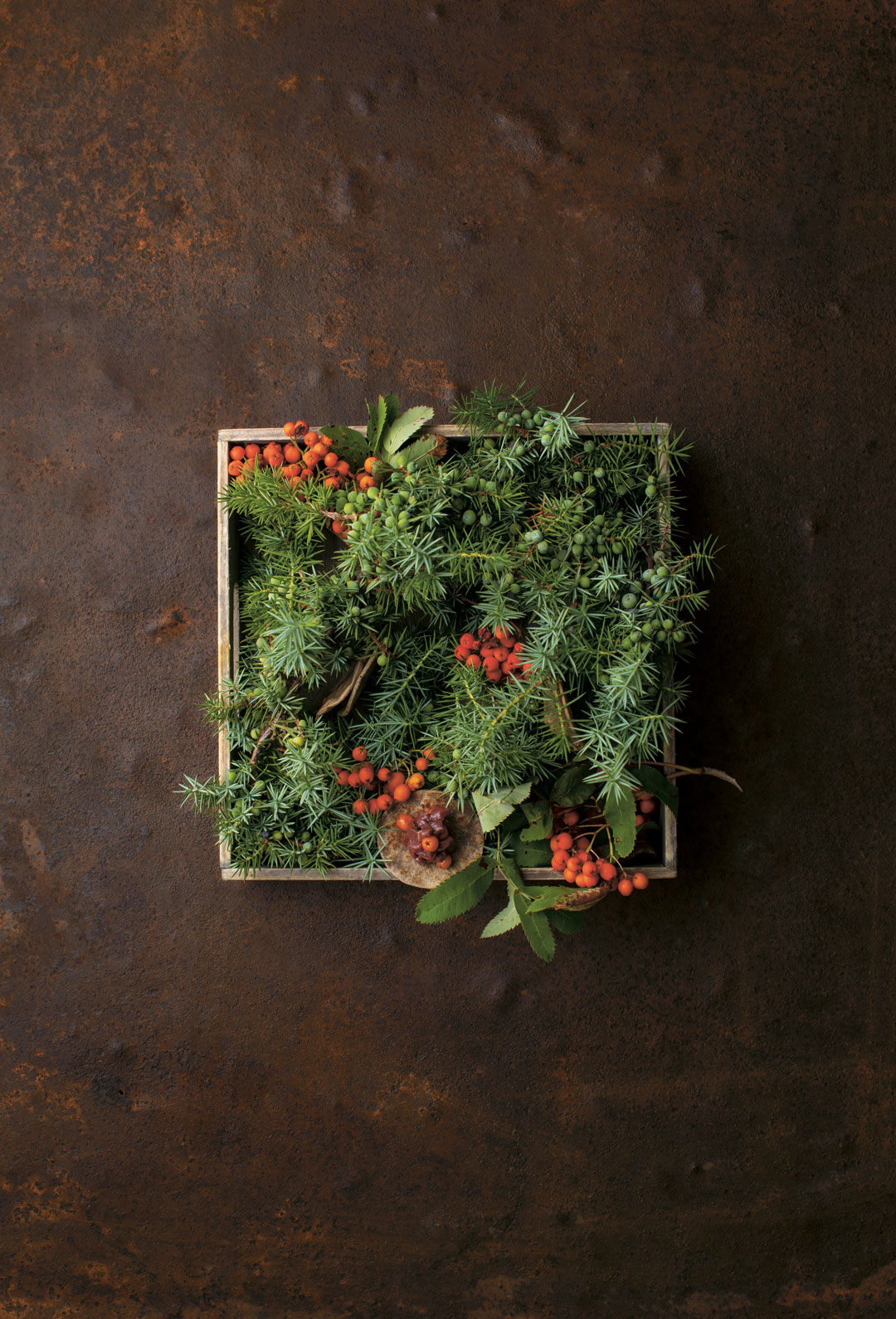
Only a few years later, she broke that promise, and took over the restaurant at her place, Hiša Franko. Of course now, having been featured on Netflix and been lauded by the international culinary community, Roš’s parents have forgiven her. Her mother contributes to Ana’s new book, and her father, a keen hunter, is the subject of one its chapters. Indeed, Roš seems pleased with their influence too, as their high expectations led this Alpine girl to reach for the peaks in her profession.
“Ana was always one to stand out and break ground,” writes the Slovenian journalist Kaja Sajovic in the new book’s introduction. “She was doing it her way, ignoring the people who said she should stick to the basics, who thought she was aiming too high, and queried why she was experimenting so much with flavour combinations. She wasn’t interested in being ‘just a cook’. If she was doing this, she wanted to make an impact.”
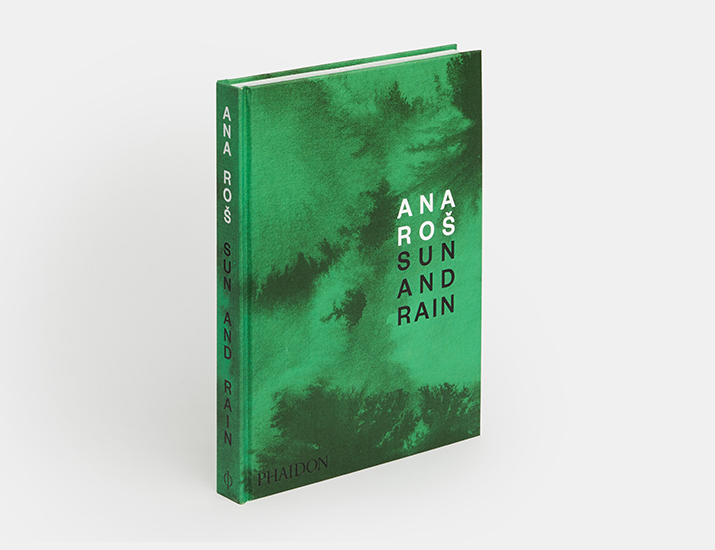
To find out more about this rebellious high achiever, and her wonderful recipes, order a copy of Ana Roš: Sun and Rain here.